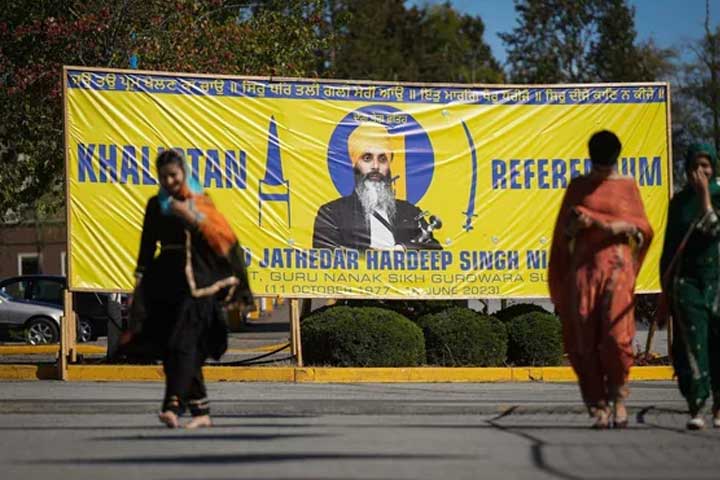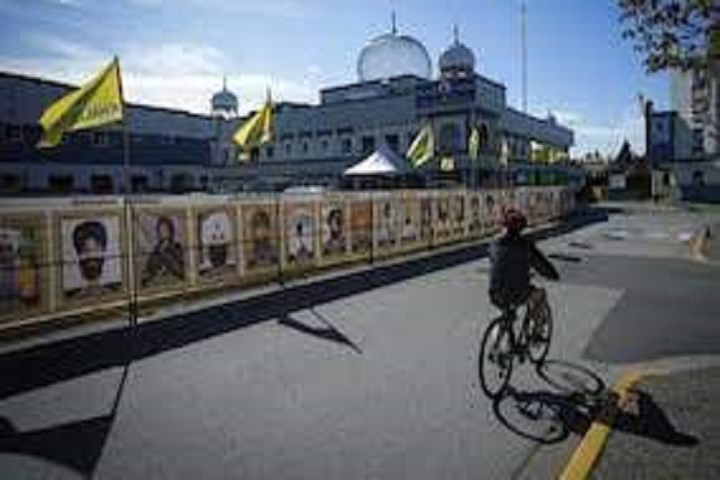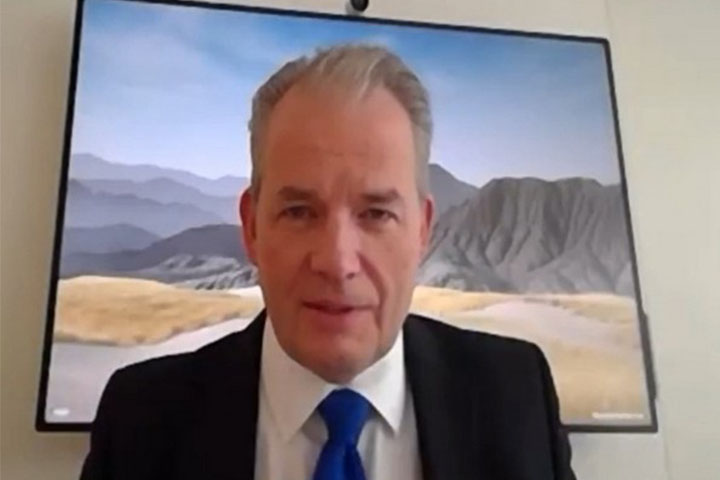The Village That Forgot Nijjar, and the Country that Glorified an Extremist

In the village of Bhar Singh Pura, where wheat and padi fields frame everyday life, the name Hardeep Singh Nijjar is almost forgotten. Nijjar, the slain pro-Khalistan leader, hailed from this very village but today stands as a distant memory. Despite the impact of his death on international politics, shaking the very foundation of India-Canada relations, he remains a ghostly figure in his birthplace.
The village’s primary concerns lie not with Khalistan – a topic that has been long forgotten – but with a much pressing issue: the fight against drugs. Indeed, it is the drug crisis, with a million people in rehabilitative centers, that truly concerns the Punjab government. However, figures like Nijjar and self-styled preacher, Amritpal Singh, have brought back the specter of the Khalistan movement, forcing Punjab to reconcile with its troubled past.
Canada, with its significant Sikh diaspora, stands at the center of this resurgence. With 780,000 Sikhs, Canada houses the largest community of Sikhs outside India. The diaspora, influenced by figures like Nijjar, maintain an ardent passion for Khalistan – a sentiment not reciprocated by their brethren in Punjab. This dissonance brings forth a unique political challenge, not only for India but also for Canada. Canadian Prime Minister Justin Trudeau, while a beloved figure among Sikhs for his inclusive policies, has often been accused by India of turning a blind eye to Khalistani extremists.
The past intertwines itself with the present. Memories of the 1984 assassination of Prime Minister Indira Gandhi, the following pogrom against Sikhs, and the Air India bombing of 1985, all underscore the complexities of the Khalistan issue. Yet, in Punjab today, unemployment, not Khalistan, stands as the true adversary. Many Sikhs therefore look abroad for better opportunities. These economic pressures have spawned a diaspora disconnected from Punjab’s current reality, making a few of them susceptible to the Khalistan rhetoric.
At the heart of Bhar Singh Pura, the perspective is clear. Mr. Ram Lal, the village’s head, says, “For us, Khalistan holds no meaning. And Nijjar has now become infamous in our village because of Khalistan.” This sentiment is echoed across the village, even in Nijjar’s own ancestral home, where family pictures lie covered in dust, and memories of him are fleeting at best.
In the global discourse, while the Khalistan issue might sometimes overshadow Punjab’s contemporary concerns, it’s crucial to understand where the heart of Punjab truly lies. For Punjab, its future is interwoven with challenges like unemployment and drugs, while the ghost of Khalistan, although occasionally roused, remains largely dormant.
For Canada, this serves as a poignant reminder – to approach the Khalistan topic with sensitivity, understanding the nuances that separate ground realities in Punjab from the passionate cries of the diaspora. Standing at the crossroads of a burgeoning relationship, it would do Canada well to remember Bhar Singh Pura’s message: the future lies in addressing today’s challenges, not in being ensnared by yesterday’s ghosts.
The opinions expressed in this article are those of the author. They do not purport to reflect the opinions or views of Khalsa Vox or its members.
Source: khalsavox.com
Comments
World's most expensive cow sold for $4.3 million in Brazil

Turkey: Polls close in Erdogan's 'last election'

Italy is overtaking Germany as Europe's economic powerhouse

Lawmakers urge Biden to call out more Chinese biotech firms

Gaza death toll crosses 33,000

US court orders exiled Chinese billionaire Guo Wengui to face fraud indictment

Hong Kong's lost freedom shows Xi Jinping's priorities: Analysis


 Live Tv
Live Tv




